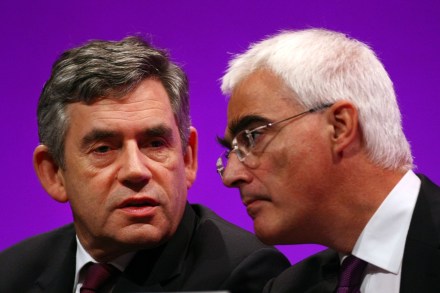A high stakes game of fiscal tinkering
Do read Edmund Conway in today’s Telegraph for an admirably evenhanded analysis of Brown and Darling’s Keynesian rescue plan for the economy. It might work, he says, but the potential’s there for catastrophe. Here’s the worst-case scenario: “Keynes’s argument was not only that governments should borrow when times are tough, but that they should pay that money back when times are good. If the international investors who keep money flowing into the country believe that Labour will return the borrowed cash a few years hence, Brown et al could get away with the extra debt. But, given that they have a track record of racking up record deficits in times









